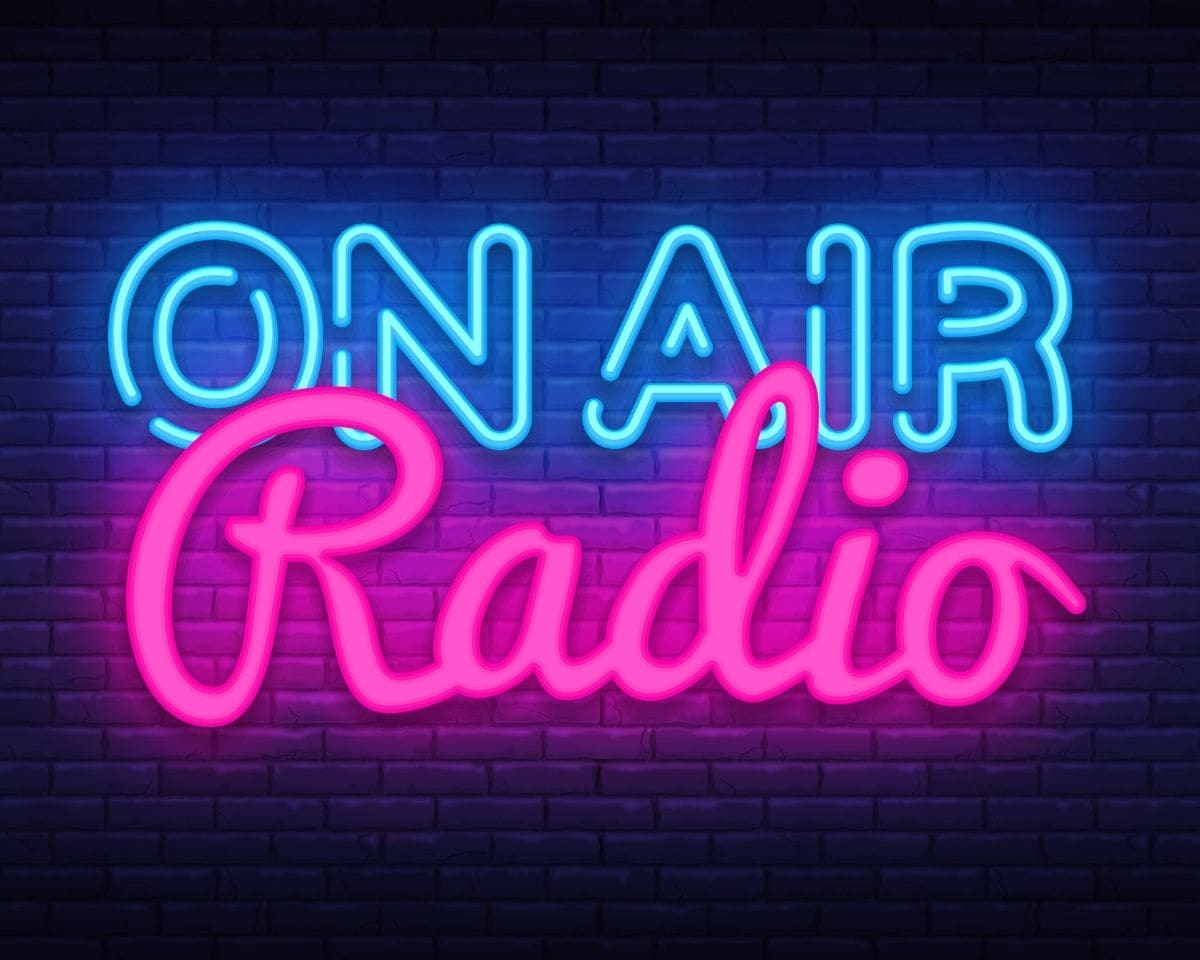
Is it ok to sound like you?
A lot of people hold themselves back from starting a podcast because they don’t think they’ve got a good enough voice.
But when you’re trying to connect with people you’ve never met, your content, energy and authenticity matter so much more than the sound of your voice.
If you don’t like your voice you’re not alone
In all my years of working with people who want to start their own podcast, I’ve never heard a single person say “I love the sound of my own voice!”
We’re often our own harshest critic but when we’re listening to ourselves recorded for the first time we’re also dealing with the shock of hearing something new.
That’s because when you hear your own voice in everyday life you’re hearing yourself through your cheekbones.
But when you hear your voice recorded that’s actually how you sound, (cheekbone-free), to other people.
And that can be surprising.
The initial shock will fade away and you’ll become more comfortable and familiar with the sound of your voice the more you record it.
So don’t let the feeling that your voice isn’t good enough hold you back because it’s perfect just the way it is.
Is it ok to sound like you?
A lot of people hold themselves back from starting a podcast because they don’t think they’ve got a good enough voice.
But when you’re trying to connect with people you’ve never met, your content, energy and authenticity matter so much more than the sound of your voice.
If you don’t like your voice you’re not alone
In all my years of working with people who want to start a podcast, I’ve never heard a single person say “Gosh, I love the sound of my own voice!”
We’re often our own harshest critic but when we’re listening to ourselves recorded for the first time we’re also dealing with the shock of hearing something new.
That’s because when you hear your own voice in everyday life you’re hearing yourself through your cheekbones.
But when you hear your voice recorded that’s actually how you sound, (cheekbone-free), to other people.
And that can be surprising.
The initial shock will fade away and you’ll become more comfortable and familiar with the sound of your voice the more you record it.
So don’t let the feeling that your voice isn’t good enough hold you back because it’s perfect just the way it is.
Play around with how you sound
While you can’t do much to change the voice you were born with, you can modulate it.
Being in control of your voice and thinking about how you sound is an essential part of being a good presenter.
That means controlling things like your volume, pitch and intonation.
Part of building a connection with your audience involves creating an audio environment they feel comfortable in.
And a huge part of that is the sound and tone of what comes out of your mouth.
You don’t need to copy someone else but you do need to learn how to wield your voice in the most effective way possible.
No one wants to listen to ‘Regional Radio Man’
Podcasting is all about creating an intimate connection with your listeners and the best way to do that is by talking to your audience like you’d talk to an old friend.
If you sound like you’re doing a voiceover this won’t make you sound more professional.
It’ll disconnect you from your podcast audience because that’s not how friends talk to each other.
People with an old-school ‘radio voice’ often sound like they’re talking AT you, not to you and that’s not what you want in an environment as intimate as a podcast.
The most important thing when it comes to harnessing your podcast voice is to be authentic and that means being true to how you sound.
Here’s an example of what not to do…
Passion and quality content are more important than your voice
If you’re passionate about what you do, turn up regularly for your audience, create content with them in mind and try to connect with them in a genuine way, the sound of your voice won’t matter at all.
In fact, it’ll start to become a source of comfort for regular listeners as they build a relationship with you.
Listeners care much more about authenticity and that means the most important thing you can be is yourself – voice and all.
Your voice will change
Believe it or not, the more time you spend behind a microphone, the more your voice will change.
If you’re wearing headphones (which you should be at all times) you’ll get an immediate feedback loop that will allow you to hear exactly what your audience hears so you can adjust your performance accordingly.
Doing this over time will improve your mic technique and style so it’s important to actively listen to yourself while you’re presenting.
Practice makes perfect
You’re never going to jump on a microphone and nail it the first time, so don’t beat yourself up if it takes you a little while to find your groove.
Your uniqueness is what’s going to make an audience love you, so if the sound of your voice is holding you back don’t let it.
Jump in the deep end, get practicing and realise your passion and connection to your audience matters so much more than how you sound.
Got a burning podcasting question you’d like answered? Ask it here.
Want to start your own podcast but need a little help? Download my “How To Start A Podcast” guide or sign up for my online podcasting course, PodSchool.
[00:00:00] Hello welcome to the show. Today's episode is inspired by Michele, who told me the thing that was holding him back from starting his podcast was the sound of his own voice. This is one of those things that holds so many people back and I don't want it to hold you back. There is no need for you to have, what would typically be called a radio voice, f you want to be a podcaster. The most important thing when it comes to podcasting is making a connection with your audience and you don't need a great voice to do that. If you are really passionate about what you do, if you turn up week in week out wanting to serve your audience and you are genuinely trying as best you can to connect with them through the content you bring then the sound of your voice will make little to no difference. There is no right or wrong when it comes to your voice and you'll notice when you do more more podcasting and you practice being behind the microphone a lot your voice will change.
[00:01:30] If you are wearing your headphones (which you should be at all times) you're able to self process what's going in to the ears of your listeners. You'll have an immediate feedback loop because you'll be able to hear your voice exactly as it will come out of the speakers and the more practice the more you'll be able to adjust your performance style so what you're hearing in your ears is the best as it possibly can be.
[00:01:56] You're never going to jump on a microphone and nail it first time. Anything that you do is always going to take time to master but even if you don't think you have a radio voice it will develop in some way over the time as you practice more and more. All your audience cares about is personality and connection and sometimes if your voice is really unique and different that can be such a huge benefit because people like somebody who sounds different and unique. They don't want somebody who sounds exactly the same as everybody else. Nobody wants to listen to anybody who sounds like they're doing a voiceover for the entire show and if you do sound like that you're gonna lose your connection with the audience because it doesn't sound real. Your uniqueness is what is going to make an audience love you so if the sound of your voice is holding you back don't let it. Jump in the deep end, get practising, get started and understand that it matters so much more about your passion and your connection than it does with how you sound.
[00:03:17] Nobody has ever heard themselves on tape and thought "I love that!" We all hate the sound of our own voice so let it go. It's no reason why you can't be a podcaster.
[00:03:39] So get on the mike, quit been scared and trust yourself. It's all going to be fine.
[00:03:43] Thanks so much for listening. I hope that has given you the confidence to just give it a burl, no matter what you think you sound like because I promise you will always sound better than you think you do. If you, like Michele, have a comment, question, query or conundrum you can always get in touch at podschoolpodcast.com. Just click the contact page there and you can also get my online tech guide that will show you all of the tools and tech you need to set up your home studio and a link to my online podcasting course, PodSchool. I'll see you next week and until then, happy podcasting. Oh and remember you sound amazing.
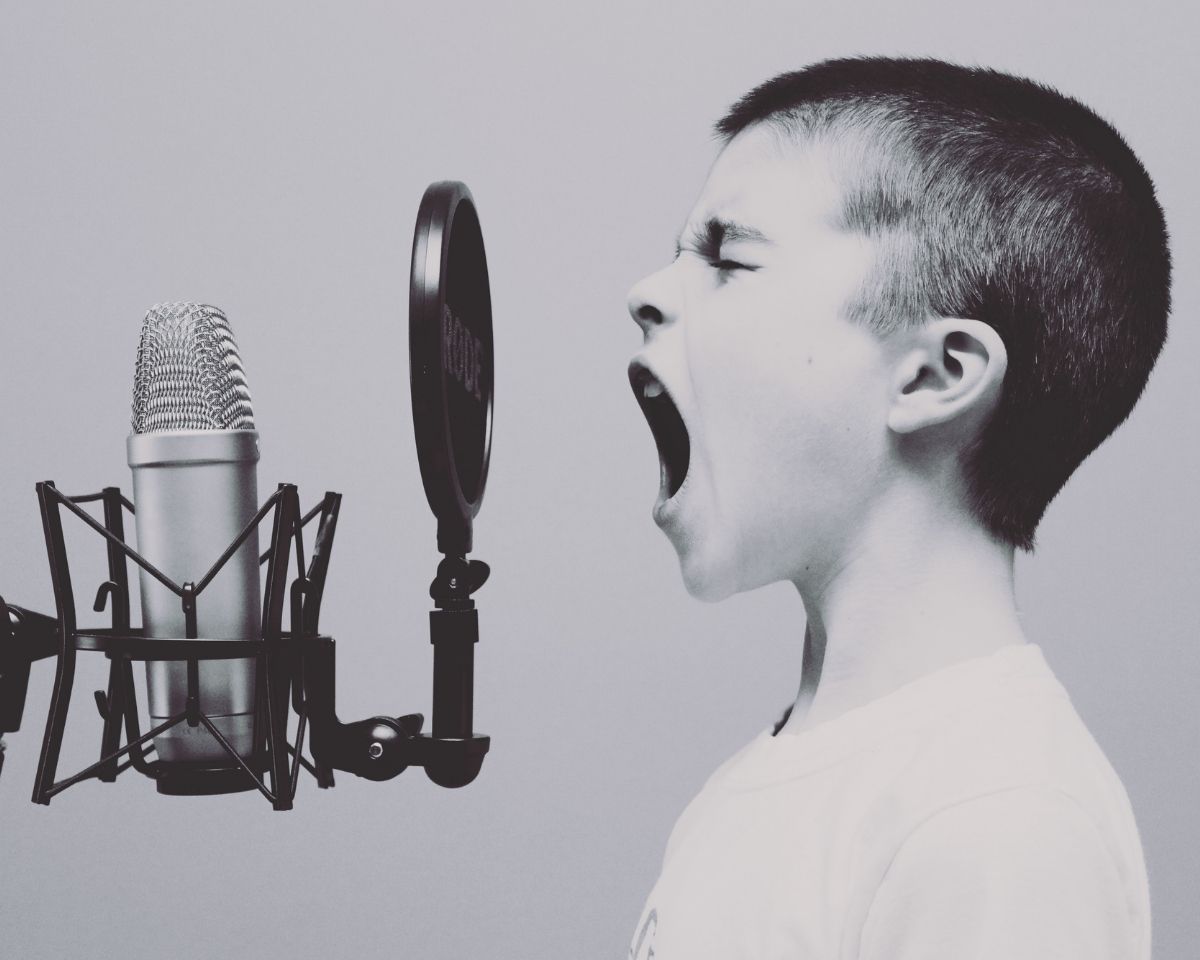
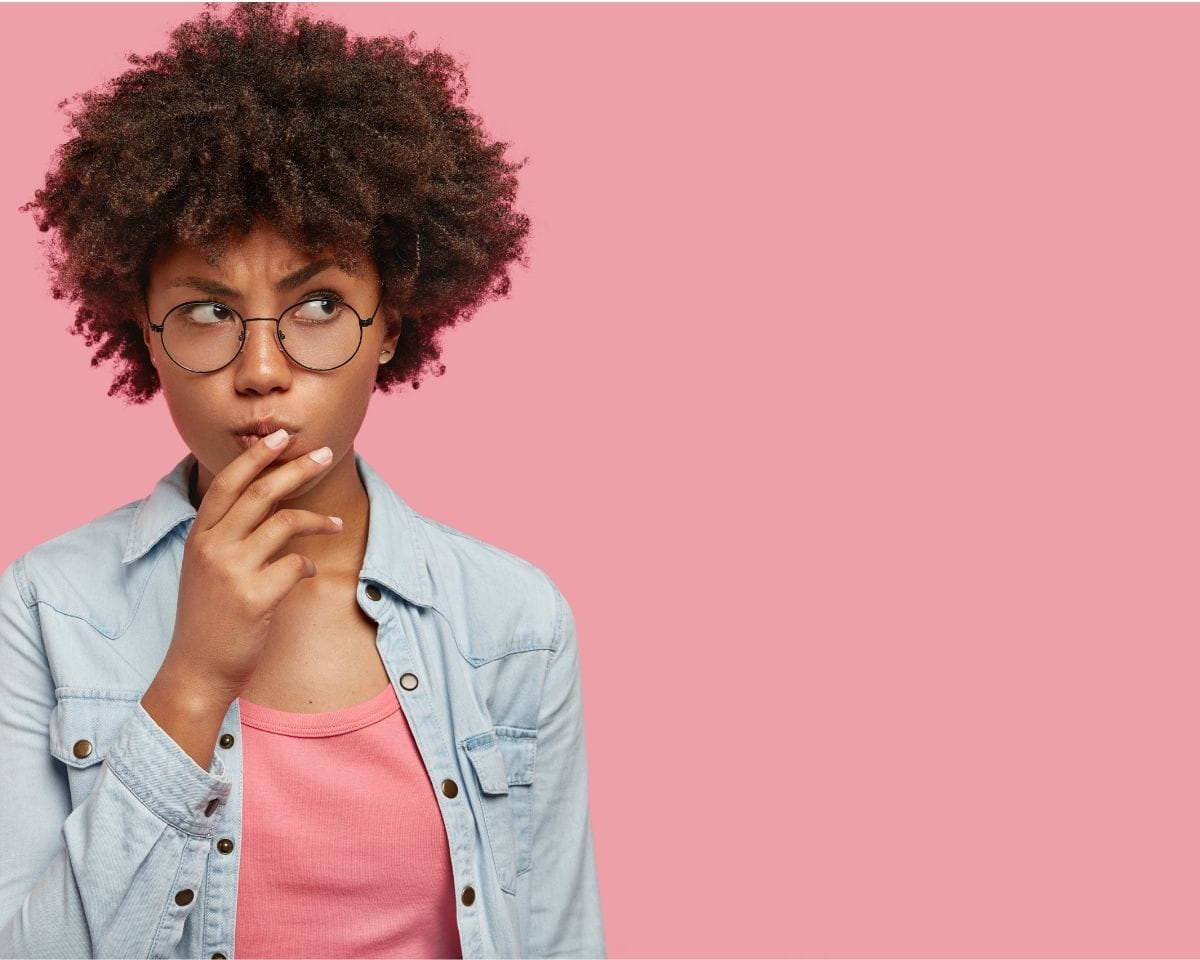
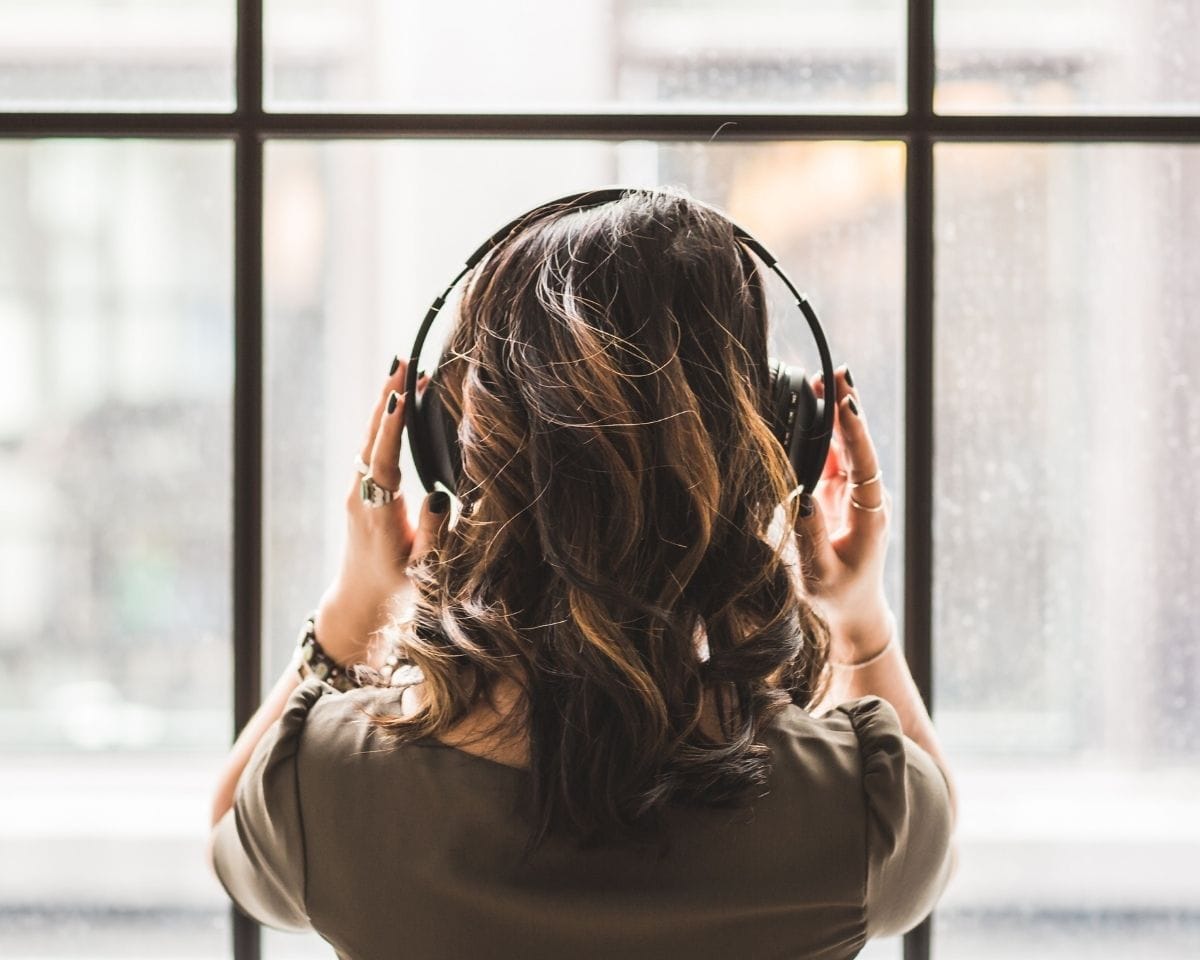
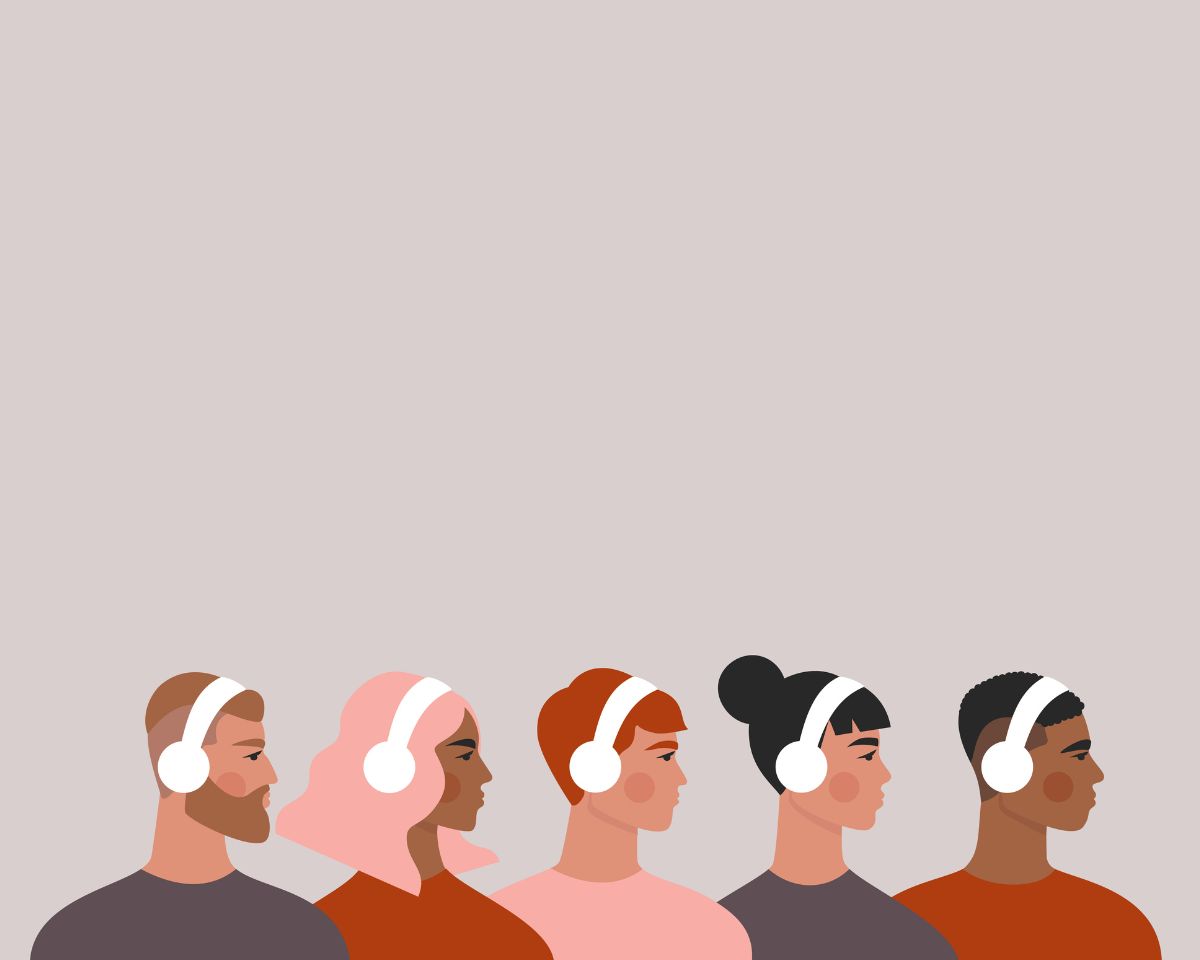
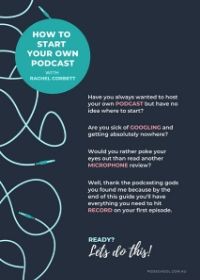
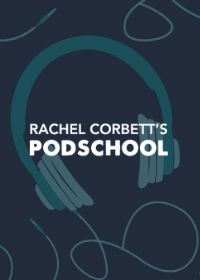
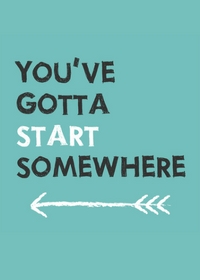

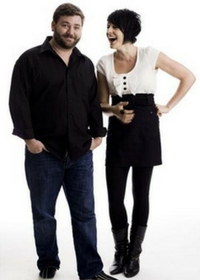

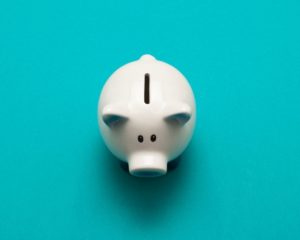

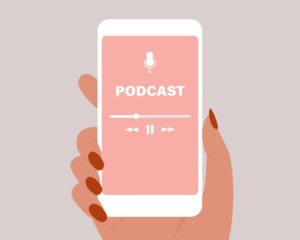
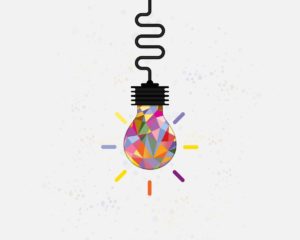


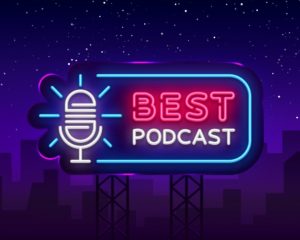


Thanks Rachel. As someone who has been told they sound as old as the work experience kid, this is really helpful advice.